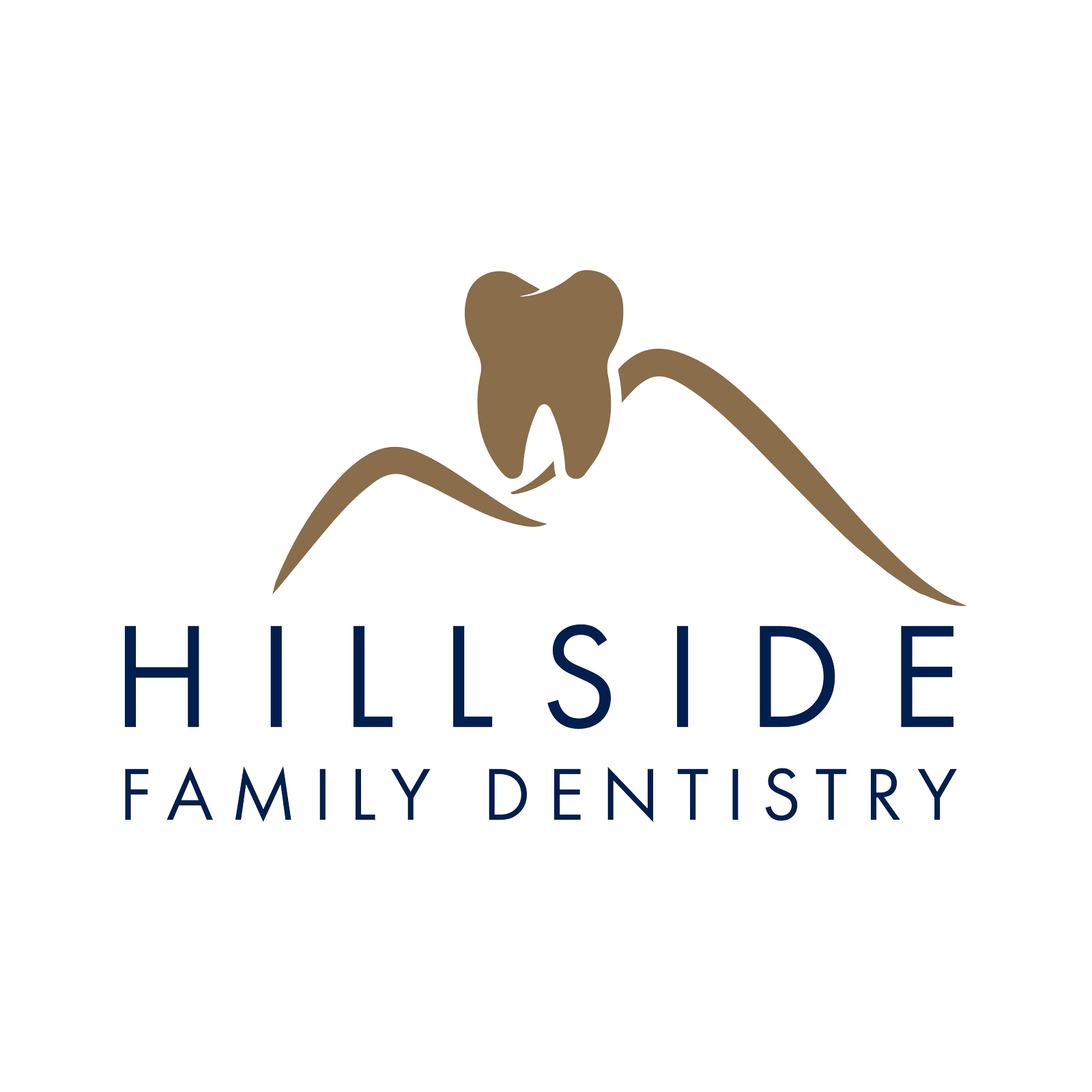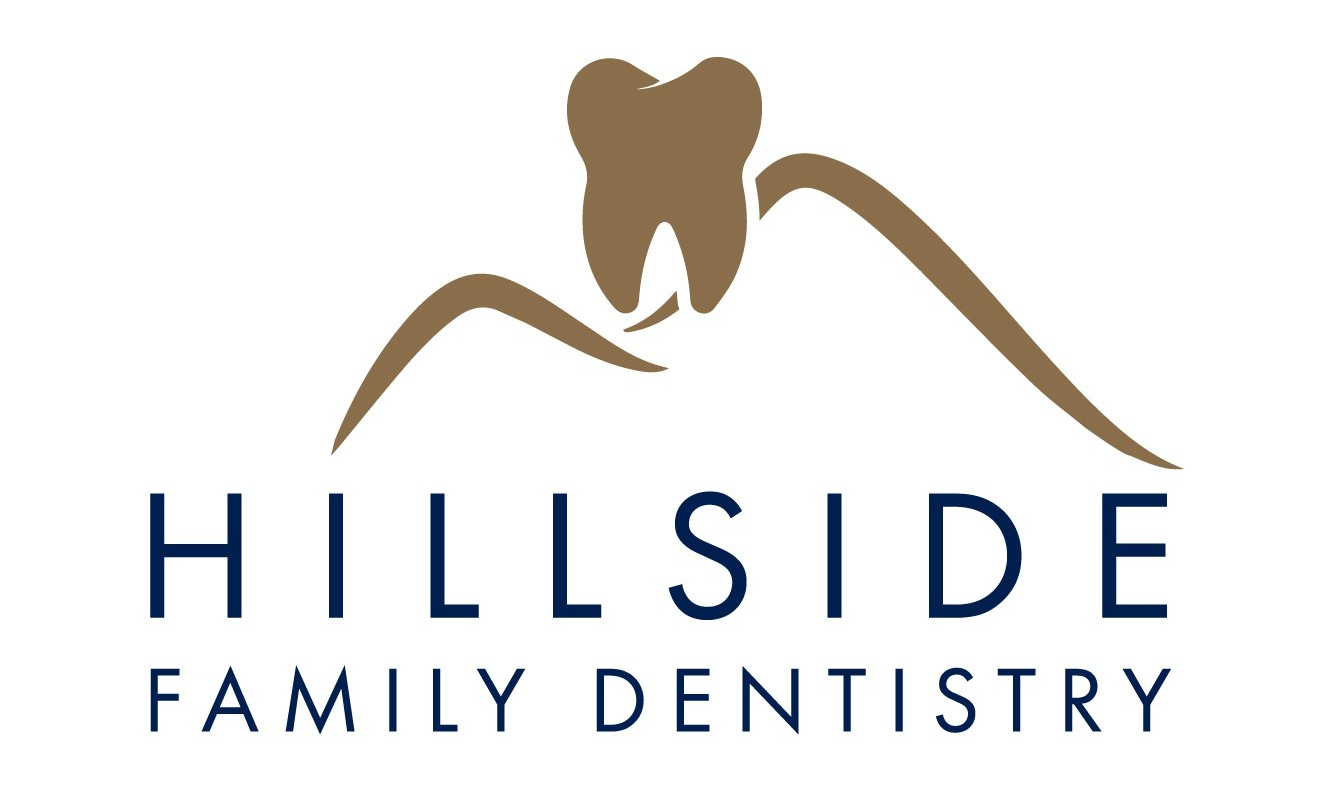What’s Really an Emergency—and What’s Just a Scare?
Let’s say you’re enjoying a normal Tuesday. Maybe you’re chewing ice, biting into something crunchy, or taking a basketball to the mouth—then boom: a cracked tooth, throbbing pain, or something that just doesn’t feel right. Cue the panic. The big question is—do you need emergency dentistry, or can it wait?
That moment of uncertainty can feel overwhelming. The truth is, not every dental issue needs urgent care, but some do—and knowing the difference can save you from complications, not to mention a whole lot of pain.
At Hillside Family Dentistry in Acworth, GA, we’re here to walk you through what qualifies as a dental emergency and how to know when it’s time to act fast.
What Counts as a Dental Emergency?
Emergency dentistry deals with situations that require immediate attention to save a tooth, stop bleeding, relieve severe pain, or treat serious infection. Think of it like this: if it’s keeping you up at night, interfering with daily activities, or getting worse by the hour—it’s probably an emergency.
Here are some of the most common dental emergencies:
1. Severe Toothache
A toothache that doesn’t go away—or gets worse—is a big red flag. Persistent pain may indicate deep decay, an abscess, or nerve damage. If over-the-counter pain relievers aren’t cutting it and there’s swelling or sensitivity to temperature, call your dentist ASAP.
2. Knocked-Out Tooth
This is one of the clearest emergencies. If a permanent tooth has been knocked out, time is critical. If you act within 30–60 minutes, there’s a good chance it can be saved. Handle the tooth gently, rinse it (but don’t scrub), and try to place it back in its socket—or store it in milk or saliva while you get to the dentist.
3. Cracked or Broken Tooth
Not all cracks are equal. A minor chip may not require immediate attention, but a deep fracture or break that causes pain or exposes the tooth's inner layer (the pulp) absolutely does.
4. Swelling or Abscess
Swelling in the face or gums can indicate an infection or abscess, which can spread if left untreated. This is not something to wait on. An untreated abscess can affect your jawbone or bloodstream, leading to more serious complications.
5. Uncontrolled Bleeding
Bleeding that won’t stop after trauma or dental work needs urgent attention. Whether it’s due to gum disease, injury, or surgery, ongoing bleeding is not normal and should be addressed quickly.
When It Can Wait—But Still Needs Attention
Not every dental issue is an emergency, but that doesn’t mean you should ignore it. Here are some situations that can wait a day or two—but still need follow-up:
- Dull toothache or sensitivity that comes and goes
- Small chip in a tooth that doesn’t hurt
- Lost filling or crown without pain
- Minor gum irritation
These are what we might call “non-urgent” concerns. They can wait a short while—but you should still call Hillside Family Dentistry to schedule a visit so they don’t turn into bigger problems down the road.
Emergency Dentistry: The Professional Benefits
Why not just wait it out and see if things improve on their own? Because time matters when it comes to dental health.
According to the American Association of Endodontists, treating dental pain early can help prevent tooth loss, spread of infection, and more invasive procedures down the line. Here are some evidence-based benefits of emergency dentistry:
- Saves natural teeth: Knocked-out or cracked teeth often have better outcomes when treated within the first hour.
- Stops infection from spreading: Dental infections can extend to the jaw, sinuses, or bloodstream if left untreated.
- Relieves pain and anxiety: Prompt care can eliminate discomfort, improve sleep, and help you get back to daily life.
- Prevents expensive procedures later: Small problems snowball into major ones if neglected—quick care saves time and money.
The Journal of the American Dental Association also highlights that emergency dental interventions can significantly reduce ER visits and opioid prescriptions—so getting proper dental care early truly impacts your whole health picture.
So… Am I Experiencing a Dental Emergency?
Ask yourself the following:
- Is the pain sharp, sudden, or severe?
- Is there bleeding that won’t stop?
- Is a tooth loose, broken, or completely out?
- Is there facial swelling or signs of infection (fever, pus, bad taste)?
- Is it interfering with eating, sleeping, or functioning?
If the answer to any of these is yes—it’s likely an emergency. And the best thing you can do is call your dentist right away. At Hillside Family Dentistry, we prioritize emergency appointments and aim to get you seen as soon as possible.
What to Do in the Meantime
If you’re waiting to be seen or heading to the office, here are some tips:
- Toothache: Rinse with warm salt water and use a cold compress. Avoid heat—it can make infection worse.
- Swelling: Apply cold compresses. Do not try to “pop” anything.
- Knocked-out tooth: Keep it moist in milk, saline, or your own saliva. Handle it by the crown (not the root).
- Broken tooth: Save any pieces. Rinse your mouth and use gauze if there’s bleeding.
And no, don’t reach for super glue. That’s not a DIY dental fix—promise.
Peace of Mind When You Need It Most
Dental emergencies can catch you off guard—but knowing how to respond makes all the difference. Whether it’s an agonizing toothache, a knocked-out molar, or scary swelling, fast action can prevent long-term damage and get you back to feeling like yourself.
At Hillside Family Dentistry, we’re here to help—no judgment, no waiting games. We understand how stressful dental pain can be, and we’re prepared to treat it with speed, compassion, and skill.
Think you might be facing a dental emergency? Don’t wait. Call Hillside Family Dentistry at 770-485-9949 or visit our Acworth office at 4408 Cobb Pkwy NW to get the care you need when it matters most. Schedule your emergency appointment today and let us help you breathe easy again.
Share This Post

